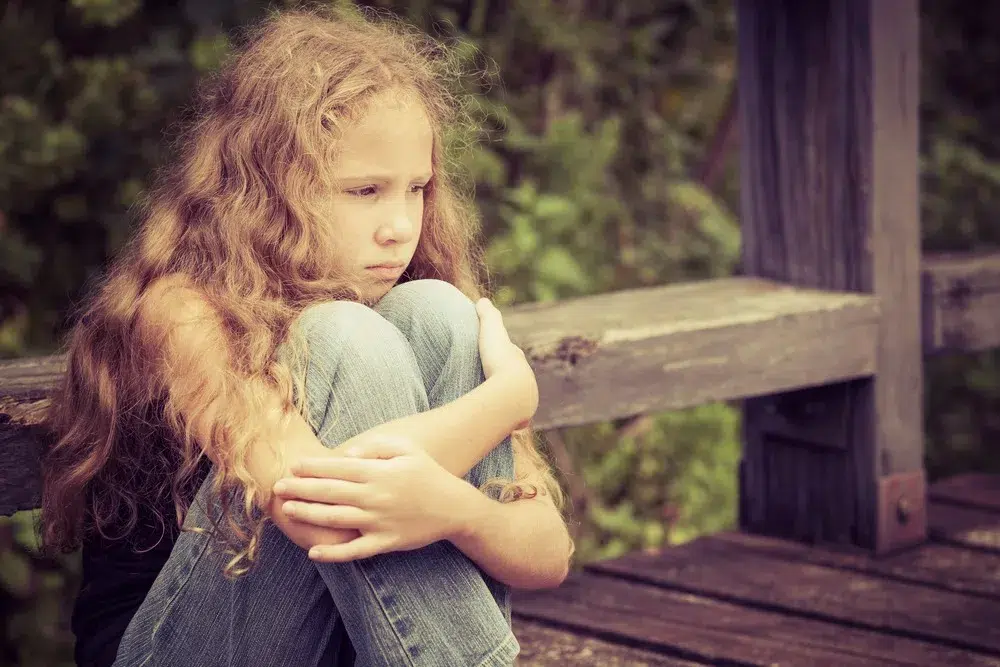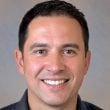We live in an increasingly competitive global world. Understandably, parents are reacting. Educators and politicians are too. Everyone wants America’s kids to keep up.
The result: increased pressure on kids to achieve better grades, get higher test scores and realize greater academic outcomes. Another result, though, is greater childhood stress and anxiety.
Signs of Childhood Stress
Signs of anxiety from too much pressure to succeed at school include: sleep deprivation, eating disorders, depression, excessive worrying, cheating and burnout. Loss of interest in activities previously enjoyed or withdrawing from friends and family may occur.
“Anxiety can present differently in children than in adults,” says Jason Schiffman, MD, resident physician in the Department of Psychiatry and Biobehavioral Sciences at UCLA. “While adults are typically able to identify and express when they feel anxious, children may just complain of physical symptoms or not say anything at all.”
Common physical symptoms are stomachaches, diarrhea, headaches and rashes. Younger children may experience nightmares or refuse to go to school. Teens may engage in destructive or obsessive behaviors including using drugs or drinking.
Contributing Factors
Many are turning to outside sources to help their children succeed. Test-prep businesses are booming as parents rush to enroll their high-school teens in courses to increase SAT scores. After-school academic enrichment programs promise to help kids excel. As one popular math and reading enrichment company boasts, “Our ultimate goal is for all students to study above their grade level…”
Tracking student progress is encouraged. Most schools already provide online sites for parents to follow their children’s scores in all courses and on all assignments and exams. Grades are usually posted instantly. Often, a parent knows his child’s score even before his child does.
School districts and politicians have also joined the race to make American children more competitive. No Child Left Behind was intended to guarantee a strong education for children everywhere. It introduced a host of new standardized tests at various grade levels. President Obama’s Race to the Top program links state funding with educational reform. The program rewards states that create standards for all student, despite possible differences in intellect, talent and ability.
The college admissions process has become more complex than ever before. Competition is fierce. Many apply to a dozen universities hoping to earn a single coveted spot. The stress from the application process is further aggravated when decisions are released. Thousands of highly-qualified candidates are rejected due to limited space. Rejection can be heart-breaking and devastating. Especially for high-achieving students who spent countless hours studying and preparing for assignments, exams and projects.
What Can We Do?
After witnessing her own school-age daughter develop a stress-related condition, Vicki Abeles created the documentary, Race to Nowhere, creating awareness of the consequences of pressing students too hard. In the film, teens express frustration and anxiety in a relentless drive to satisfy parents and compete for college admissions. The film questions whether such pressures can actually impair children’s future ability to be successful in the workplace. It challenges parents, politicians and educators to rethink educational goals.
Parents can also take various actions to keep stress in check. Keeping an open dialogue and a watchful eye is critical. Talking to teachers, the pediatrician and, even a psychologist when necessary, is also important. Setting realistic expectations, nurturing children’s strengths, and providing opportunities for relaxation and vacation help alleviate tension and reduce stress.
Mark Willson, holding a Ph.D., functions as a psychotherapist in Washington, D.C. His specialized fields encompass addiction, anxiety, depression, as well as sexuality and interpersonal connections. Dr. Willson holds the distinction of being a diplomat for the American Board of Addiction and Anxiety, further serving as a certified counselor and addiction specialist.
Aside from his personal professional endeavors, Dr. Wilson has engaged in roles as an author, journalist, and creator within substantial medical documentary projects.




